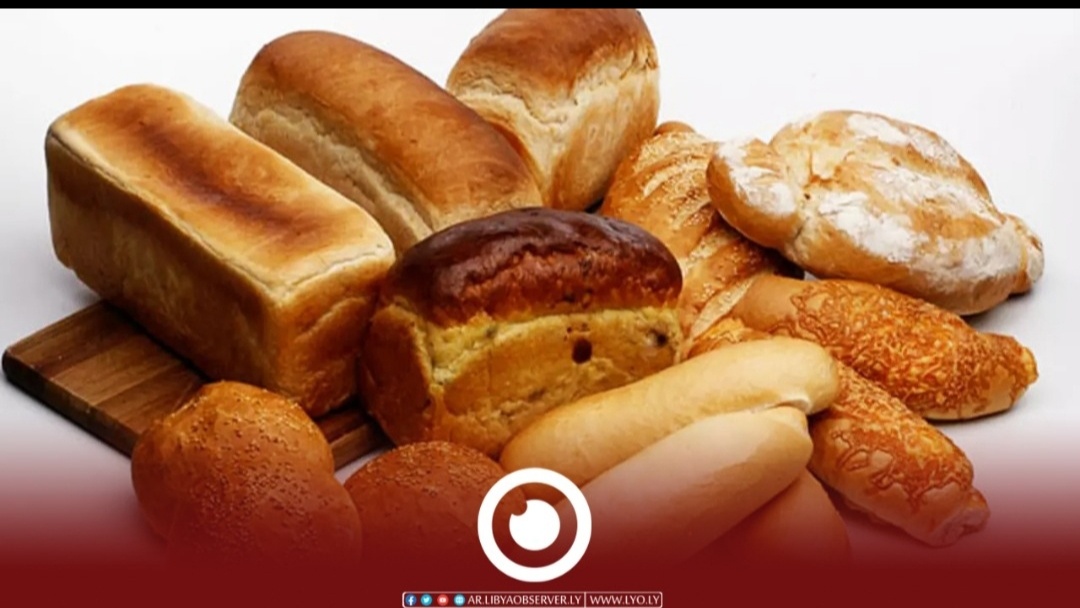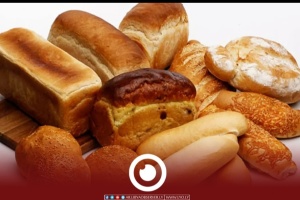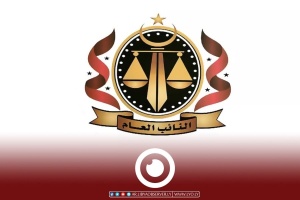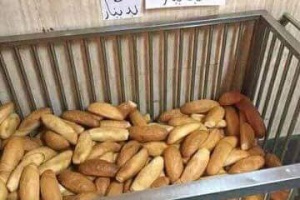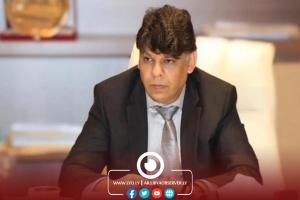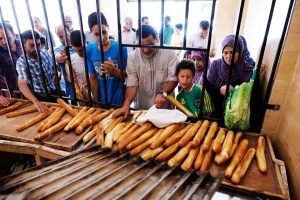The Libyan Food and Drug Control Center denied the presence of potassium bromate in the bread industry in Libya, confirming in a press conference on Friday in Tripoli that "potassium bromate" has been permanently banned from entering Libya by the Ministry of Economy since 2005, and this ban was renewed last year.
The center explained that it had taken samples from 50 Libyan cities from January 2021 to January 2022, concluding that the bread was free of “potassium bromate.”
It added that a non-competent party cannot take samples and send them to laboratories abroad, saying that this is unprofessional and illegal, and reiterating that there is a specific professional and legal method that protects the samples from being mixed by any material.
The center expressed its surprise at the publication of “inaccurate” information about the presence of potassium bromate in flour, and the leaking of such news by some parties, which caused confusion and panic among people, in addition to the use of such inaccuracies by some traders and competing countries for the purpose of financial benefit without any official announcement about such information.
The center also said the failure of these authorities to share such information regarding the evidence of potassium bromate in flour, and to disclose the mechanism by which samples were collected, their sources, and methods of taking samples, and their types and trademarks.
It also indicated that it will coordinate with the Attorney General's office to retake samples to reassure the Libyan people about the safety of the bread and to find out who was behind this misleading news.
In the last two days, information was published and attributed to several parties claiming to have taken bread samples from several bakeries in Libya and tested them in laboratories in foreign countries to confirm the presence of potassium bromate, which is banned locally and internationally, in bread in Libya.

